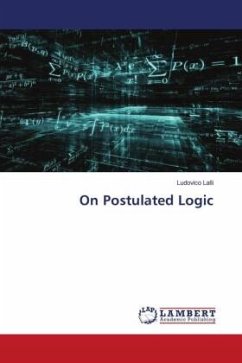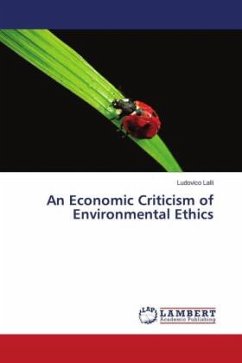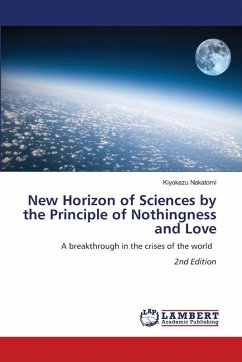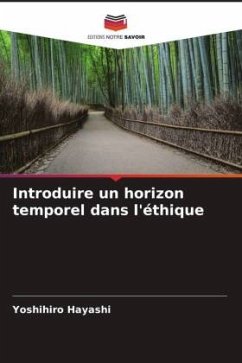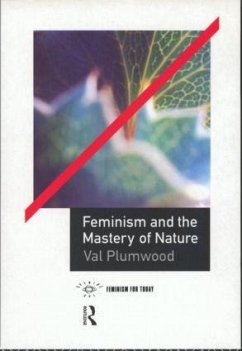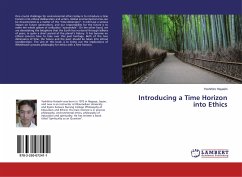
Introducing a Time Horizon into Ethics
Versandkostenfrei!
Versandfertig in 6-10 Tagen
24,99 €
inkl. MwSt.

PAYBACK Punkte
12 °P sammeln!
One crucial challenge for environmental ethics today is to introduce a time horizon into ethical deliberation and action. Global environmental crisis can be characterized as a matter of the "time-dimension". It will have a serious impact on future generations, and our responsibility for the future is to make the whole system of civilization "sustainable". On the other hand, we are devastating the biosphere that the Earth has nurtured through billions of years, in quite a short period of the planet's history. It has become an ethical concern how to take over this past heritage. Both of the two ...
One crucial challenge for environmental ethics today is to introduce a time horizon into ethical deliberation and action. Global environmental crisis can be characterized as a matter of the "time-dimension". It will have a serious impact on future generations, and our responsibility for the future is to make the whole system of civilization "sustainable". On the other hand, we are devastating the biosphere that the Earth has nurtured through billions of years, in quite a short period of the planet's history. It has become an ethical concern how to take over this past heritage. Both of the two dimensions of time, the future and the past, should be taken into ethical consideration. The aim of this book is to bring out the implications of Whitehead's process philosophy for ethics with a time horizon.




